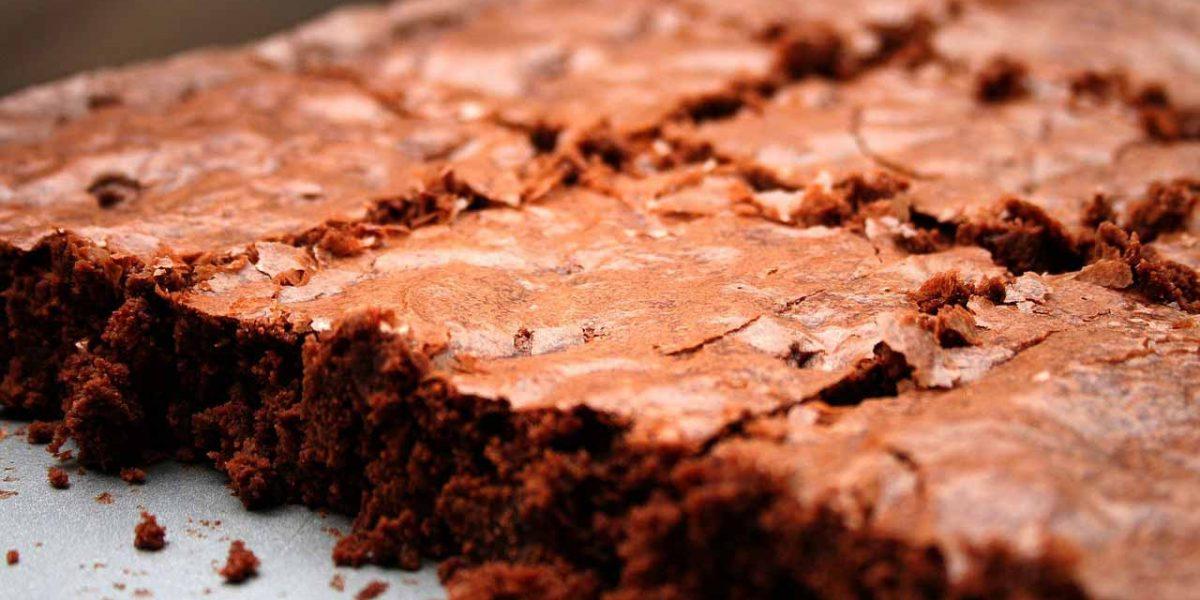
Science says it’s totally normal to crave a post-workout brownie
The study authors recruited 88 college students for a test called the “approach avoidance task”, used in past research to measure people’s automatic reactions to certain stimuli. The volunteers held a joystick as they looked at pictures of dessert foods interspersed with shots of everyday household objects, like clocks and lightbulbs. For each image, the researchers monitored their hand movements, noting if they pulled the joystick closer to their bodies (indicating positive feelings toward whatever was in the photo). Half the participants then did a quick workout on a stationary bike, while the other half completed a series of memory puzzles; afterward, all of them took the same joystick test for a second time.
Compared with the people who’d done the memory tasks, the researchers found, members of the exercise group were more attracted to dessert in the second test — possibly, they hypothesised, because their bodies were clamoring for the calories they’d just lost. The volunteers who worked out may “be more approach oriented to the food images,” they wrote, “because there is an evolutionary drive to replenish energy that has been expended.”
Importantly, using a test to capture immediate, subtle reactions —rather than doing something more direct, like asking volunteers to rate each image — allowed the study authors to measure the participants’ implicit food motivation, which they described as “bottom-up processes that underlie our behavior and are not influenced by our personality differences, goals, or attitudes”. Explicit food motivations, by contrast, would be shaped by more conscious processes, like deciding to order a milkshake as a reward for hitting exercise goals (or because you’re treating yourself to a cheat day).
It may be possible, though, to counter those implicit motivations with the right mind-set. A 2014 study from the Cornell Food and Brand Lab found that who think of exercise as work are more likely to overindulge themselves with food later on; when they enjoy the workout, on the other hand, they’re less likely to overeat afterward. “Play music, watch a video, or simply be grateful that you’re working out instead of working in the office,” study author Brian Wansink, the lab’s director, said in a statement at the time. “Anything that brings a smile is likely to get you to eat less.” Except, you know, if the thing making you smile is the thought of that brownie waiting for you at home.
Sourced from: SBS
